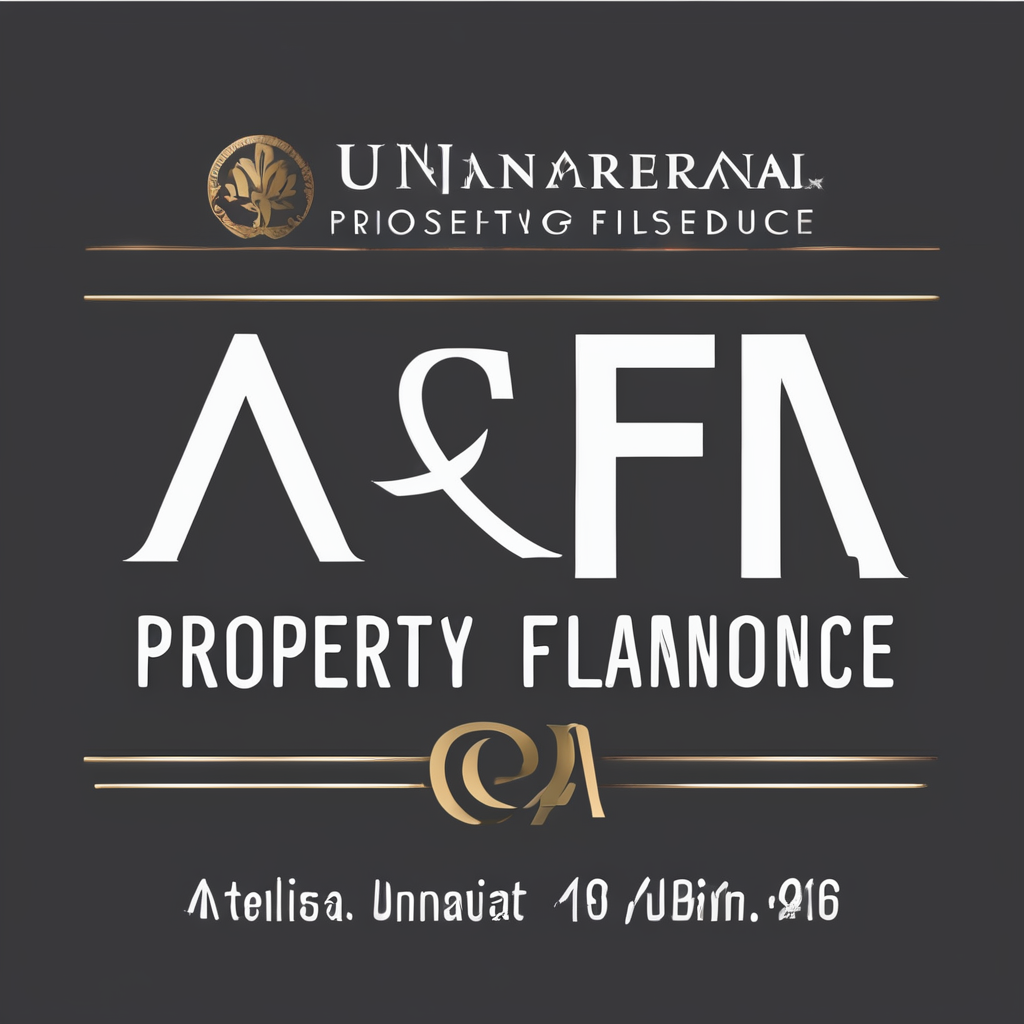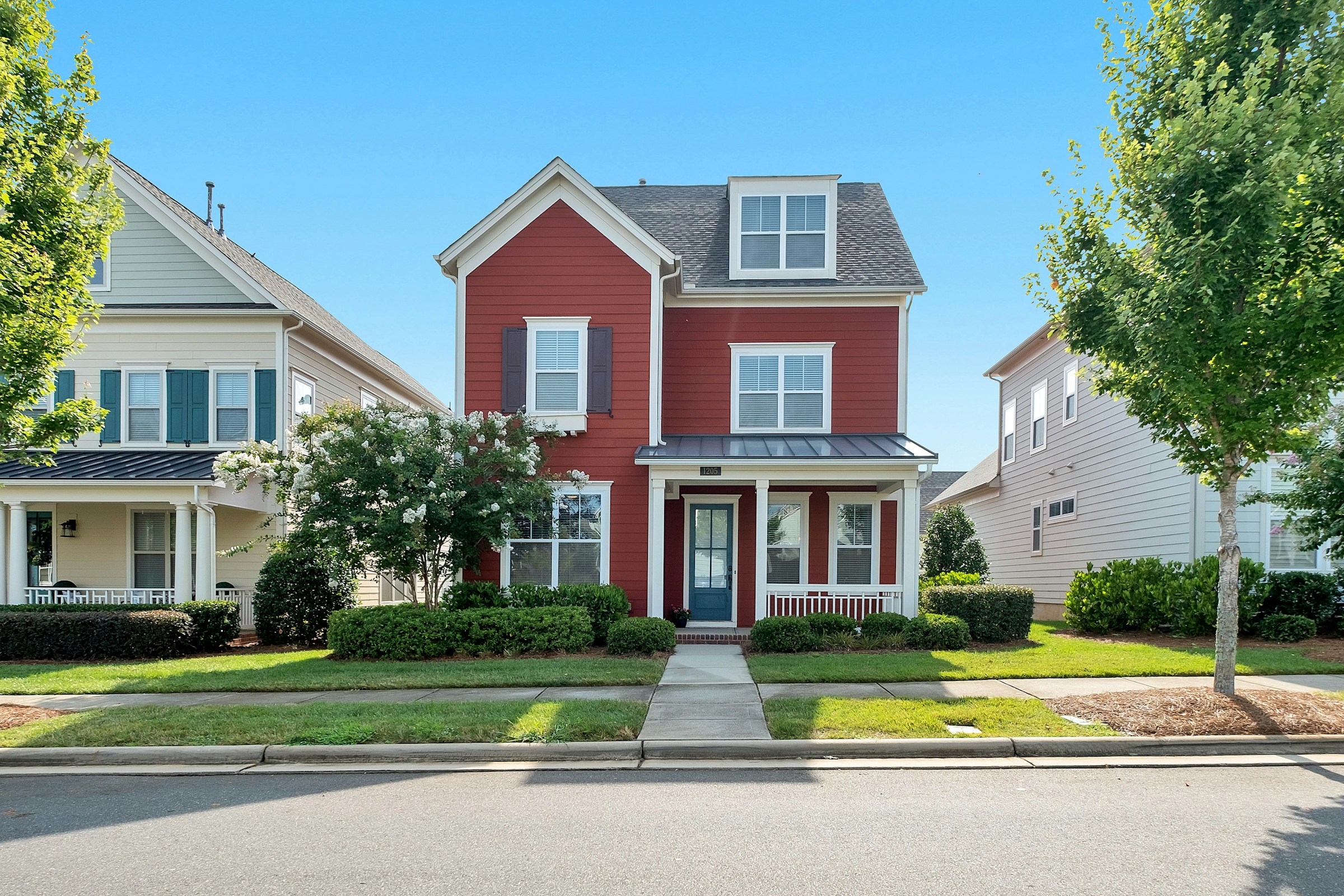As you’re navigating the world of property investment, you may come across an enticing prospect: converting a commercial building into multiple residential units. However, this process is not as simple as it may seem. There are planning regulations, local council permissions, and building standards that you need to comply with. This article will delve into the legal requirements you need to keep in mind when undertaking such a project in Glasgow, Scotland.
Decoding Class Change
When altering the function of a building, a class change is often required. The Town and Country Planning (Use Classes) (Scotland) Order 1997 categorizes structures into various classes based on their use. Commercial properties typically fall under Class 4 (Business), Class 5 (General Industrial), or Class 6 (Storage or Distribution). Changing these structures into Class 9 (Houses) requires a change of use application.
A voir aussi : What are the considerations for investing in senior living facilities in rural England?
Before submitting your application, it’s crucial to understand the local area’s development plan. The council uses this plan to guide decisions on planning applications. If your proposal aligns with the plan, you have a higher chance of success.
Council Permission and the Planning Process
Cooperation with the local council is a must when it comes to property development. As part of the planning process, you’ll need to obtain planning permission from the Glasgow City Council. While it might seem bureaucratic, this process ensures that the project falls within community standards and doesn’t have a detrimental impact on the local area.
A découvrir également : Holidays rental in la tania: your perfect mountain escape
Your planning application will need to include details such as the layout of the property, how you intend to manage waste, and how you’ll ensure adequate parking. It’s also important to consider the impact on the surrounding area, including any potential noise or privacy issues. The council will review your application and may also consult relevant bodies such as the Scottish Environment Protection Agency before making a decision.
Building Regulations and Standards
After securing planning permission, you’ll need to comply with building regulations to ensure your property is safe, healthy, and efficient. These standards apply to the building’s design, construction and alterations, including any changes to its use.
The Building (Scotland) Regulations 2004 and the Building Standards technical handbooks provide the rules for construction. These include regulations for structure, fire, environment, safety, noise, energy, and access. All these aspects need to be taken into account in the plans for your conversion.
Failing to meet these standards could have serious repercussions. The verifiers can reject your building warrant application, and the council can issue a building warrant enforcement notice.
The Lease and Property Law Considerations
When converting commercial property into residential units, there is another dimension to consider: the law of property. If the building is under a lease, you’ll need to check the terms carefully. Some leases prohibit alterations or require the landlord’s consent before any changes are made.
Further, if you plan to lease the new residential units, you must comply with the legal requirements for residential landlords in Scotland. These include registering as a landlord with the local council, providing a tenancy agreement, and ensuring the property meets the Repairing Standard.
The Development Impact Assessment
Lastly, you might be required to provide a Development Impact Assessment (DIA) as part of your planning application. This document provides a detailed account of how your proposed development will impact the local infrastructure and services, including transportation, schools, and healthcare facilities. It’s a critical tool that the authorities use to evaluate the potential effect of your project on the community.
In summary, converting a commercial property into residential units in Glasgow is a complex process requiring careful planning and close adherence to the legal requirements. It’s not just about construction and conversion, but about meeting standards, securing permissions, abiding by leases, and assessing impacts. However, once done correctly and legally, it can lead to a rewarding and successful investment.
Remember to consult with a property solicitor or a qualified planning consultant to ensure you’re on the right track. They can provide you with professional advice tailored to your specific project, helping you navigate these regulatory waters with confidence.
Aligning with Local Councils and Obtaining Necessary Permissions
Successful conversion of commercial properties into residential units in Glasgow often necessitates close cooperation with local councils. It is essential to understand that each council, be it council east, council west, council north, council south, Ayrshire council, Lanarkshire council, Renfrewshire council, Lothian council, or Dunbartonshire council, might have specific guidelines and requirements. Therefore, familiarising yourself with the local council’s planning policies is a crucial step in your project.
Requesting planning permission should be your first course of action. The planning permission application must include thorough details about the potential layout of the residential property, waste management plans, parking provisions, and potential noise or privacy impacts. The city council will review your application, and in some cases, they might consult with other bodies, such as the Scottish Environment Protection Agency, before making a decision.
Remember, obtaining planning permission is not merely a bureaucratic process. Instead, it’s a way of ensuring your project aligns with community standards and does not adversely impact the local area. Even if it seems like a tedious process, obtaining planning permission is a crucial step in converting commercial properties into residential units in Glasgow.
Ensuring Compliance with Building Regulations
After securing planning permission, your attention should shift towards ensuring compliance with building regulations. These regulations are designed to ensure the building’s safety, health, and efficiency standards. The Building (Scotland) Regulations 2004 and the Building Standards technical handbooks provide detailed guidelines for construction, including regulations for structure, fire, environment, safety, noise, energy, and access.
Every facet of these regulations must be considered in your conversion plans. If you fail to meet these standards, potential repercussions could include rejection of your building warrant application or the issuance of a building warrant enforcement notice by the council.
Even for permitted developments, the building regulations must be strictly adhered to. They are not just about ensuring the building’s physical integrity but also about promoting energy efficiency, reducing noise pollution, and guaranteeing safe access. Therefore, familiarising yourself with these regulations is a vital step in converting a commercial property into residential units in Glasgow.
Conclusion: Navigating the Complexities of Conversion
Converting commercial properties into residential units can yield substantial returns on investment. However, the process is multifaceted and complex, involving understanding and adhering to planning regulations, acquiring planning permissions, working with local councils, and adhering to building standards.
Whether you are dealing with a change class from commercial to residential or working with various councils like council east, council west, or Ayrshire council, being aware of the challenges can help streamline the process. Remember, the process is not just about construction and conversion; it also involves meeting standards, securing permissions, abiding by leases, and assessing impacts.
Therefore, obtaining professional advice tailored to your specific project from a property solicitor or a qualified planning consultant is highly recommended. They can help you navigate the regulatory waters and ensure your project successfully converts a commercial property into residential units in Glasgow, in accordance with the law. The process might be challenging, but with the right help and guidance, it can lead to a rewarding and successful investment.






